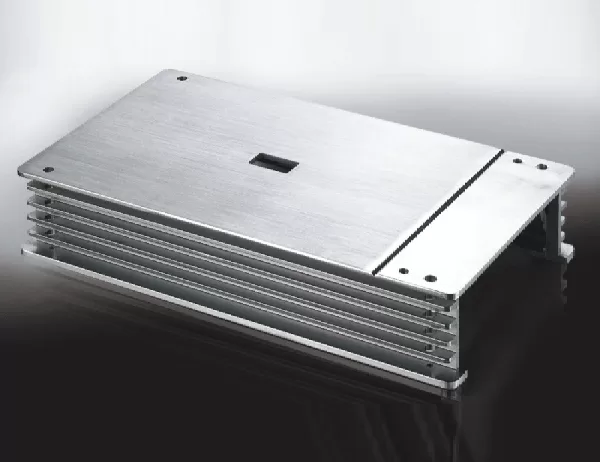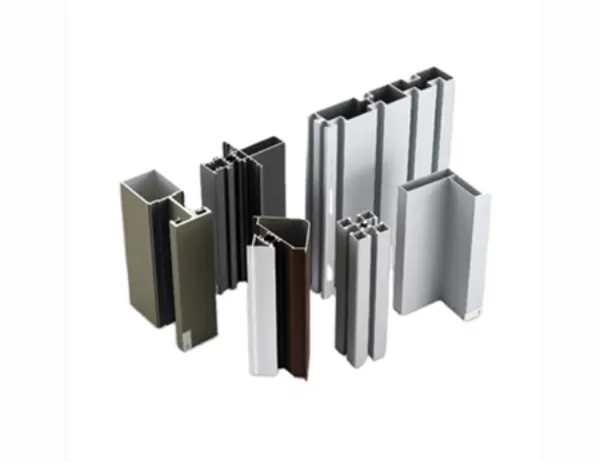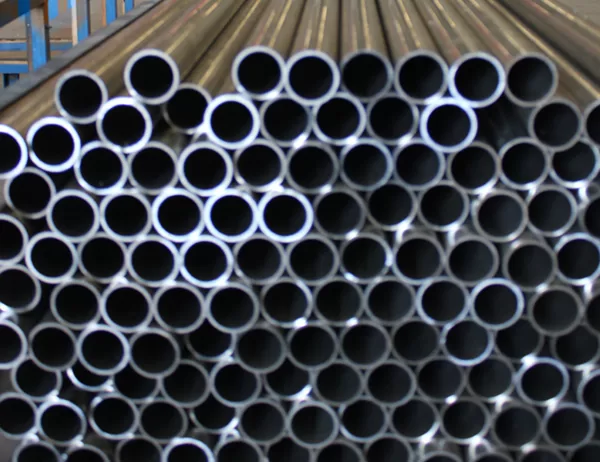The reliability of suppliers plays a crucial role in maintaining the quality and timely delivery of aluminum tubes. Delays, defects, and inconsistencies from suppliers can have significant consequences for manufacturers, affecting production schedules, customer satisfaction, and overall business performance. This article explores the impact of supplier reliability on aluminum tube quality and delivery, highlighting the importance of establishing robust supplier relationships and implementing effective quality control measures.
Material Quality and Consistency
Reliable suppliers ensure that the aluminum tubes they deliver meet the specified quality standards and specifications. This includes the chemical composition, mechanical properties, and surface finish. Consistent material quality is essential for maintaining the integrity and performance of aluminum tubes, especially in applications where they are exposed to harsh environments or high-pressure conditions.
Suppliers with a proven track record of providing high-quality materials can reduce the risk of defects and failures. They have established rigorous quality control processes, perform regular testing, and adhere to industry standards. By working with reliable suppliers, manufacturers can minimize the need for costly rework or product recalls.
On-Time Delivery
Reliable suppliers prioritize timely delivery to prevent disruptions in manufacturing schedules. They have efficient production and logistics systems in place to ensure that aluminum tubes are delivered on time and in full. On-time delivery is critical for meeting customer deadlines and maintaining a positive reputation.
Suppliers who are unable to meet delivery commitments can cause project delays, increased costs, and customer dissatisfaction. Consistent and reliable suppliers help manufacturers avoid these issues by providing accurate delivery estimates and adhering to agreed-upon schedules.
Communication and Flexibility
Open and effective communication is essential for maintaining reliable supplier relationships. Reliable suppliers are responsive to inquiries, provide timely updates on order status, and are willing to work with manufacturers to resolve any issues that may arise. They are also flexible in adjusting production schedules and delivery times to accommodate unforeseen circumstances.
Clear communication and flexibility enable manufacturers to plan for contingencies and make informed decisions. Suppliers who are proactive in communication and responsive to customer needs foster trust and enhance the supplier-manufacturer partnership.
Inspection and Quality Control
Manufacturers play an important role in ensuring aluminum tube quality by implementing robust inspection and quality control measures. These measures include visual inspection, dimensional checks, and testing to verify material properties. By conducting thorough inspections, manufacturers can identify any defects or deviations from specifications before the tubes are used in production.
Regular supplier audits and assessments are also crucial for maintaining supplier reliability. Manufacturers should evaluate suppliers’ production facilities, quality control systems, and documentation to ensure they meet the required standards. By establishing a collaborative approach to quality control, manufacturers and suppliers can work together to improve processes and minimize the risk of quality issues.
Supplier reliability is a cornerstone of aluminum tube quality and delivery. Reliable suppliers provide consistent material quality, prioritize on-time delivery, maintain open communication, and collaborate in quality control. By establishing robust supplier relationships and implementing effective quality control measures, manufacturers can minimize the risk of disruptions, enhance customer satisfaction, and achieve operational efficiency. Partnering with reliable suppliers is essential for maintaining a competitive edge and delivering high-quality aluminum tubes that meet the demands of modern manufacturing.




